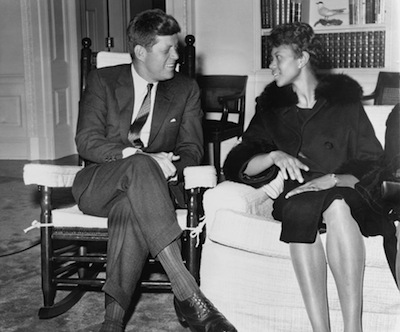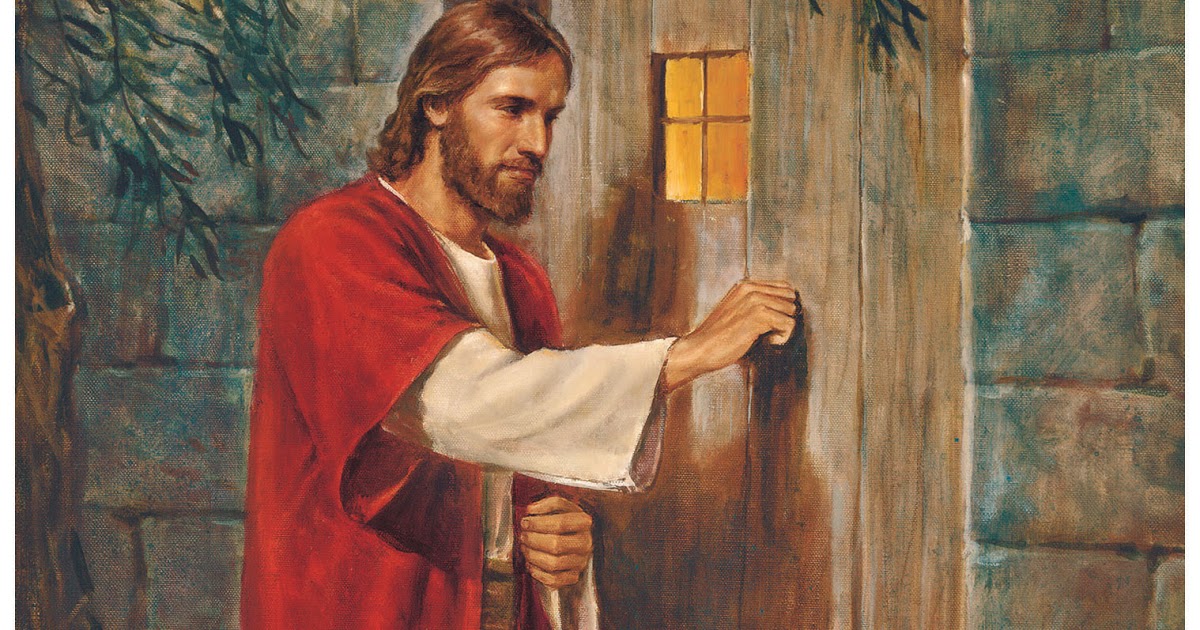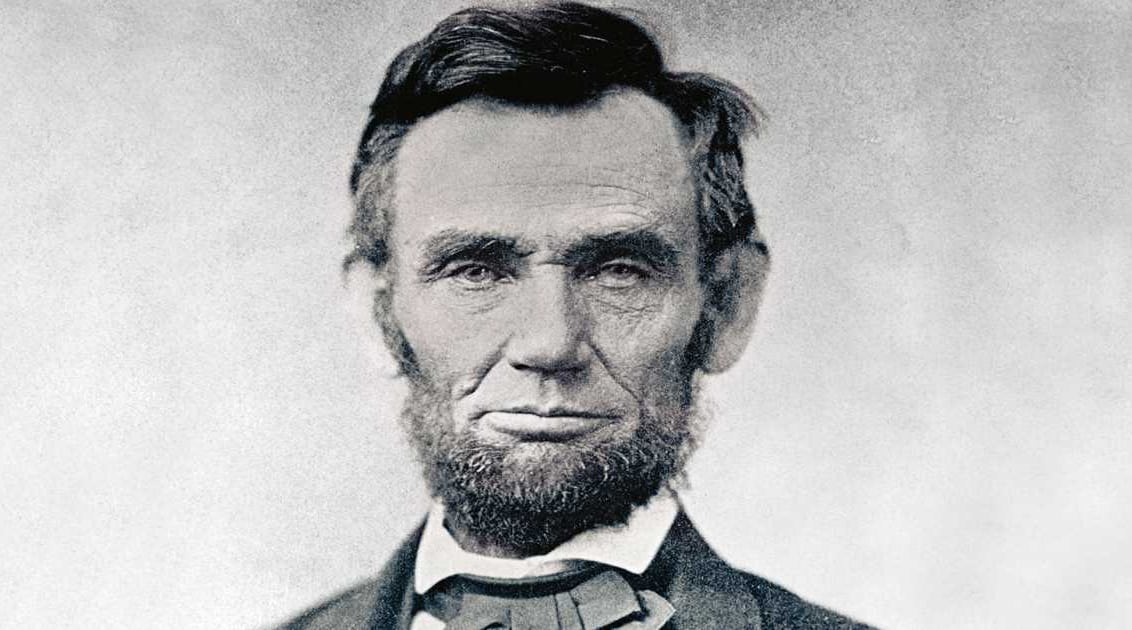
In 1940 a black woman in Nashville, Tennessee gave birth prematurely to a baby girl, whom she and her husband named Wilma. The little girl seemed destined to a very hard and disappointing life, for everything was stacked against her. She was the 20th child of 22 in the family—which meant she grew up in poverty; being black, she and her family constantly faced racism, discrimination, and segregation. Soon after her birth, Wilma caught pneumonia, and still later, scarlet fever, and a few years after that, she contracted polio, which left her left leg badly crippled and her foot twisted inward. At the age of five, Wilma was fitted with metal braces, and the doctor told her parents she’d most likely be crippled for life. For several years Wilma hobbled about, while seeing all the other children in the family and the neighborhood run and skip and play. At the age of eleven she decided this was no longer acceptable, so—with a younger sister standing watch to make sure her parents didn’t see her—Wilma began practicing walking without her braces. Many times she stumbled; every time she got up and continued on. A year later she admitted to her doctor what she was doing. He was flabbergasted—this wasn’t supposed to be possible—but he allowed her to continue practicing walking. Wilma kept on struggling, though with one important change: she added prayer to her routine, asking the Lord again and again to help her walk normally. Her perseverance was rewarded, for finally she was able to throw away her braces, run faster and longer than anyone else her age, and even join her high school basketball team and become a star on the track team.
At the age of sixteen, this determined young woman—whose full name was Wilma Rudolph—won a bronze medal in the women’s 400-meter relay in the 1956 Olympics, and four years later she became the first woman in history to win three gold medals in track and field. She returned home from the 1960 Olympics in Rome to a ticker tape parade, and was presented with the Sullivan Award, honoring her as the nation’s top amateur athlete. The following year Wilma had a private audience with President Kennedy, and in the 1960s she was widely considered to be the fastest woman in the world (Link, Illustrated Sunday Homilies, Year C, Series I, p. 57). None of this would have happened if, in the face of seemingly insurmountable odds, she had just given up. The combination of perseverance and prayer can achieve remarkable results—for our limited human efforts and knowledge can be wonderfully multiplied by God’s grace.
Peter and his partners James and John must have been exhausted, for as the Gospel tells us, they had worked hard all night long—which would have meant casting their heavy nets some 20 to 30 times. They had nothing to show for their efforts, but in the morning they still had to wash and mend their nets. On top of that, instead of being able to rest after their labors, they listened to Jesus as He taught the people at great length from one of their boats. Finally, after all that, Jesus told them to go back out into the middle of the lake and cast their nets one more time. Peter could easily have used his professional expertise as a fisherman, and his exhaustion, as an excuse to refuse—but he didn’t. Though probably thinking it was a waste of time, he and his partners went back out onto the Sea of Galilee—and an amazing catch of fish resulted. God is able to help us achieve what might seem impossible. However, these little miracles are not just for our own personal benefit, but also that we might answer His call and serve others in His Name. Jesus asked Peter, James, and John to become His followers, and they left behind everything in order to do so. Like the prophets before them, they also were commissioned to proclaim God’s truth. What does this mean for us? God’s plan for us is always bigger, better, and infinitely more important than anything we might come up with on our own—but it will never take place if we give up too easily.
The shortest commencement address in history was given by Sir Winston Churchill, the heroic prime minister of Great Britain during World War II whose determination helped his country withstand and eventually overcome the military power of Nazi Germany. At the university ceremony, after Sir Winston was introduced, he strode to the microphone, firmly said the words “Never quit!,” and sat back down (Roy B. Zuck, The Speaker’s Quote Book, p. 287). That was in fact all the graduates needed to hear and remember. Perseverance can lead to unexpected success in a worldly sense; even more importantly, it can bring us closer to God and help us achieve our divinely-given mission in life. St. Augustine once wrote, “As Christians, our task is to make daily progress toward God. Our pilgrimage on earth is a school in which God is the only teacher, and it demands good students, not ones who play truant.” In other words, as long as we don’t give up on God, He won’t give up on us; by using His grace, we will eventually overcome our sins, make a difference to those around us, and become worthy of eternal life in Heaven.
Do you have a bad habit that, after years of struggle, you still haven’t conquered? Jesus promises that with His help, one day you will—as long as you don’t quit in the meantime. Does it seem most of your lifelong goals and dreams are never going to be achieved? If so, God has something better in store for you, and it will come about—as long as you continue to trust in Him. Are you sometimes discouraged because the cross you bear in life seems pointless or too heavy to endure? The Lord’s plan will one day be made known to you, and you’ll see and appreciate how your struggles and suffering were actually necessary and beneficial to your spiritual growth. Satan tempts us with discouragement, and he especially delights in making us quit just as victory or relief are about to come into sight. However, as the example of many heroic persons shows, quitting too soon can be a tragic waste. What if, after falling down yet again while trying to walk without braces, a young Wilma Rudolph had decided it just wasn’t worth it? What if Winston Churchill had decided the war was hopeless, and it was time for Great Britain to surrender? What if an exhausted fisherman named Peter had said to Jesus, “Sorry, Lord, but I know better—I’m not going to waste my time lowering my nets yet again?” God’s grace can do wondrous things in our lives—but only if we say yes. May we always persevere in living out this response in all our words and deeds.








